German Open Data Portals - Access to German Data

Welcome to the German Open Data Portals GPT!
Unlock insights with AI-powered data navigation
Explore the datasets available on German Open Data Portals and...
Guide me on how to extract and analyze data from...
What are the best practices for querying data from...
Help me understand the data ecosystem in Germany by...
Get Embed Code
Introduction to German Open Data Portals
German Open Data Portals are designed as platforms to foster transparency, innovation, and participation by providing public access to datasets generated by various levels of government and public sector entities. These portals are fundamental to enabling data-driven decision-making and research, facilitating the development of applications and services that can improve societal outcomes. For example, a portal might host environmental data, which developers use to build apps that alert users to high pollution levels in real time, or demographic data that researchers analyze to study urban development patterns. Powered by ChatGPT-4o。

Main Functions of German Open Data Portals
Data Discovery and Access
Example
A user searches for demographic data on a portal like Govdata.de and downloads datasets on population distribution by age in Berlin for a market analysis project.
Scenario
This function is crucial for researchers, data scientists, and businesses looking for specific datasets to support their work, studies, or to identify market opportunities.
Data Visualization and Analysis Tools
Example
A portal provides interactive maps showing the distribution of public parks and green spaces in Munich, allowing urban planners to identify underserved areas.
Scenario
These tools are valuable for making data more accessible and understandable, helping non-technical users to engage with and derive insights from complex datasets.
API Access for Developers
Example
Developers use APIs provided by the Transparenzportal Karlsruhe to integrate real-time public transport data into a mobile app, offering users up-to-date transit information.
Scenario
API access facilitates the creation of innovative applications and services by providing developers with a way to programmatically interact with datasets, enriching the ecosystem of data-driven solutions.
Ideal Users of German Open Data Portals
Researchers and Academics
This group benefits from accessing a wide range of data for conducting studies, policy analysis, and academic projects, enabling them to contribute to knowledge creation and societal advancement.
Developers and Technologists
Developers leverage the data and APIs to build applications and services that address societal challenges, innovate in various sectors, and create value-added services for the public and businesses.
Government and Policy Makers
They use these portals to access data that can inform policy decisions, understand the impacts of legislation, and enhance public services through evidence-based decision-making.
Journalists and Media Professionals
This group utilizes open data to uncover stories, conduct investigative journalism, and provide the public with insights into societal issues, leveraging data to enhance transparency and accountability.

Using German Open Data Portals
Start with YesChat
Begin by visiting yeschat.ai to explore the capabilities of this GPT without needing to sign up for ChatGPT Plus, offering a hassle-free start.
Identify Your Data Needs
Determine the specific type of data you're looking for, such as environmental, demographic, or economic datasets, to guide your search on the portal.
Navigate the Portal
Use the search and filter functions on the portal to narrow down the datasets you're interested in. Utilize keywords related to your topic of interest.
Download and Analyze
Once you've found relevant datasets, download them. Many portals offer data in various formats (e.g., CSV, JSON), allowing for easy integration with analytical tools.
Leverage the Data
Use the obtained data for your intended purpose, such as academic research, business analysis, or software development. Apply data visualization tools for enhanced understanding.
Try other advanced and practical GPTs
Survivalist
AI-powered survival strategy guidance
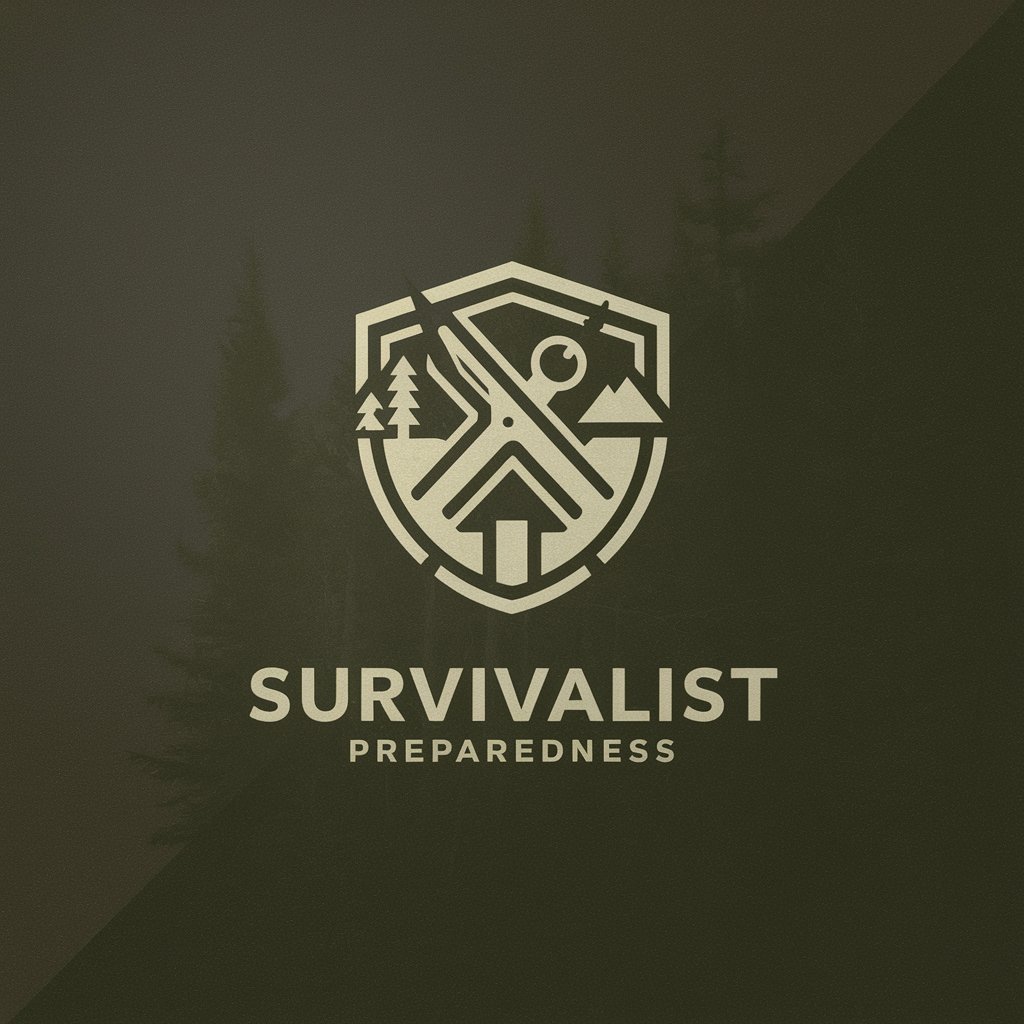
Ultimate DIY Tax Assistant
AI-Powered Tax Assistant for the Self-Employed
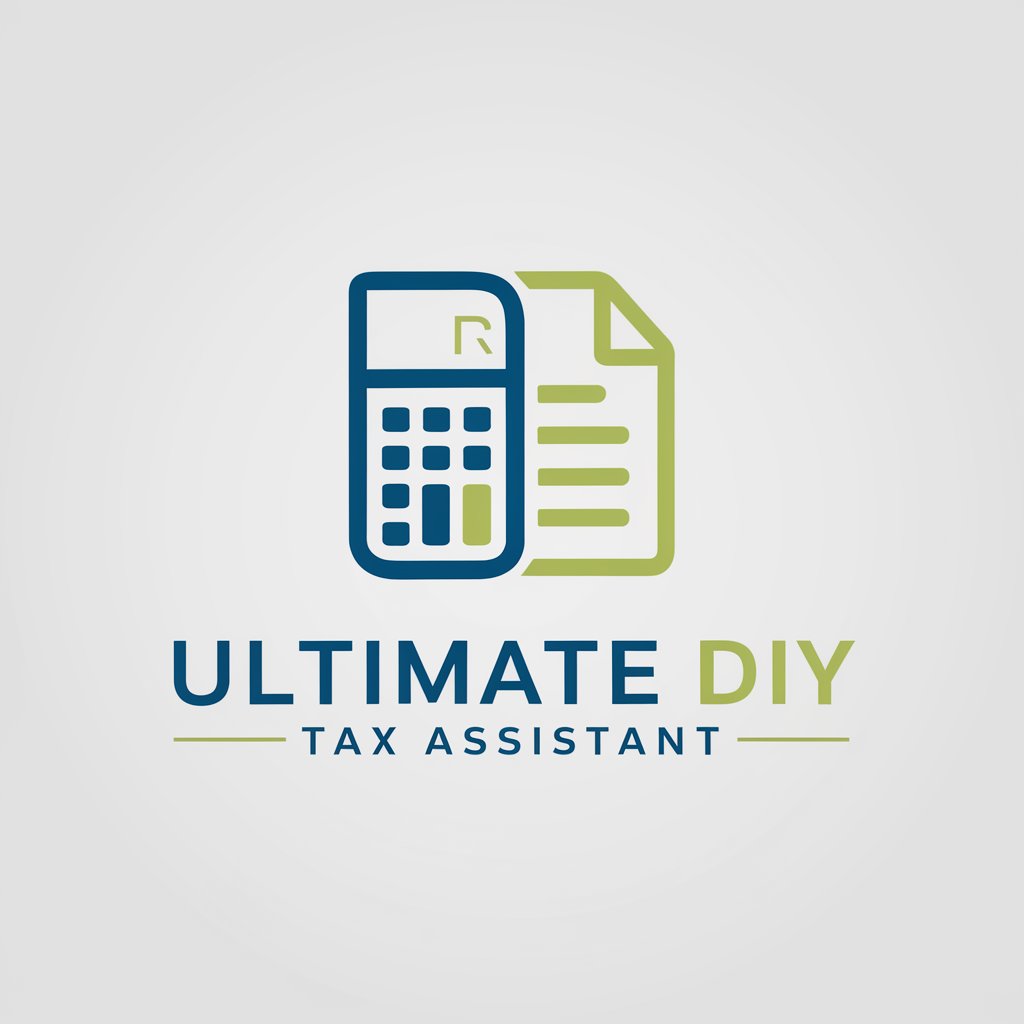
Roleplay Robotics
Bring Stories to Life with AI-Powered Roleplay

Auto Claim Adjuster Advisor
Optimize claims with AI-powered analysis.

Aggregaaaate
Bringing Content to Life with AI

Scale and Fail
Simulate, Learn, Scale: The Entrepreneur's AI
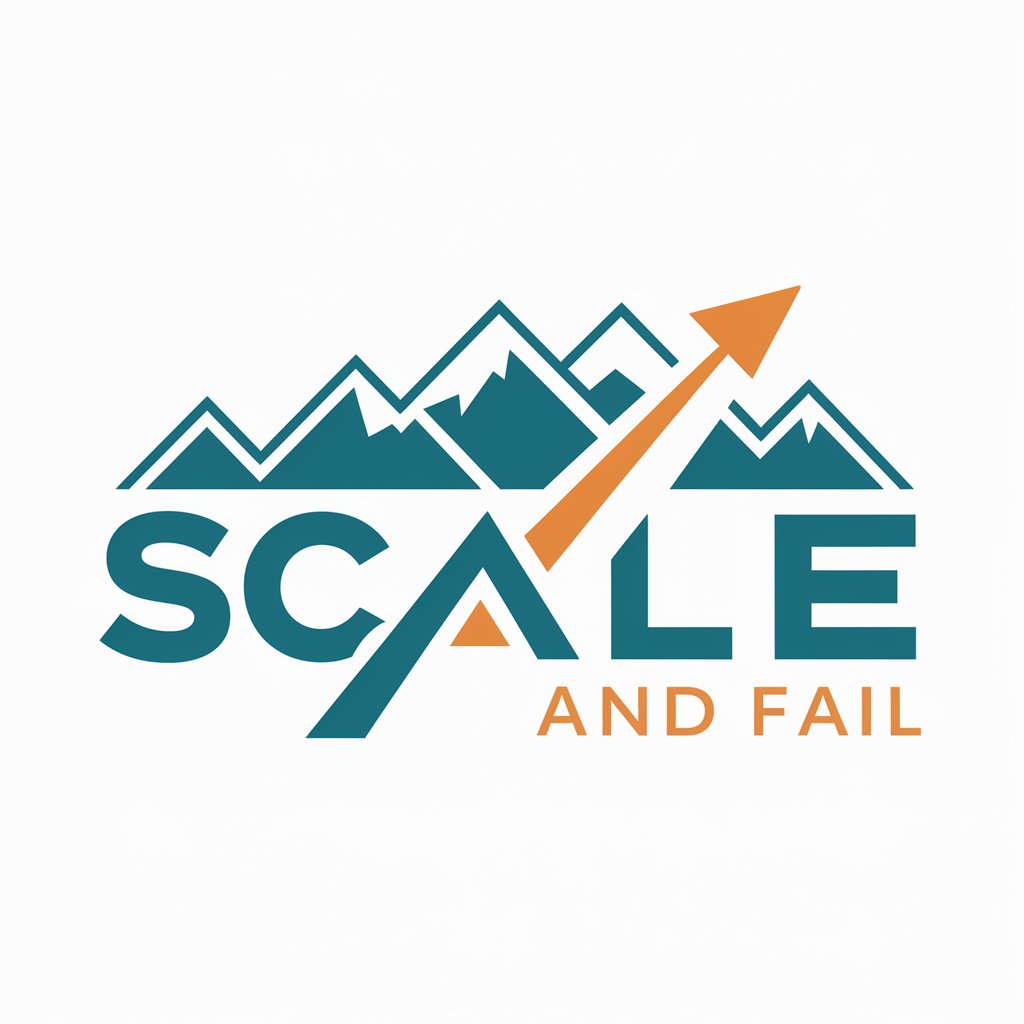
La Torre de Salfumán
Empowering 4th Graders with AI-Driven Learning

Good Faith Guardian
Empowering Constructive Dialogue with AI
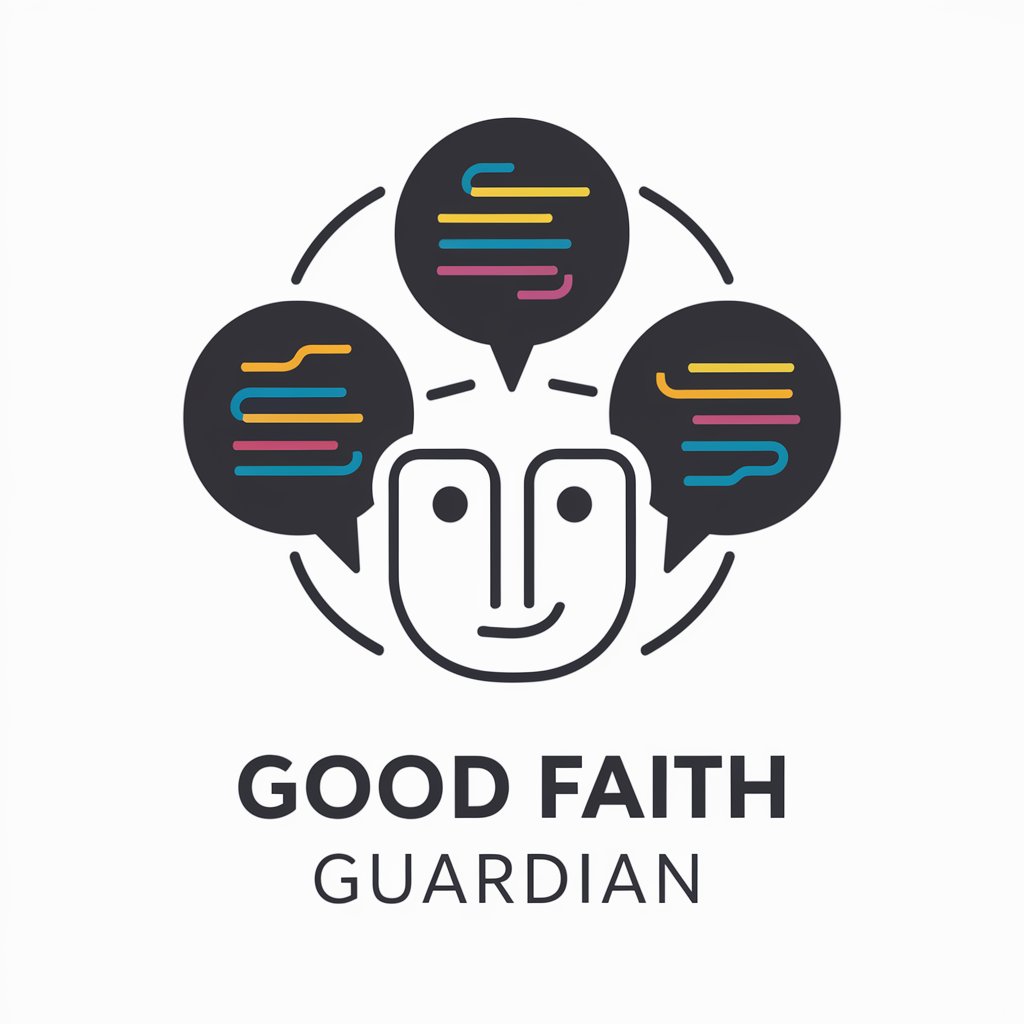
Mortgage Maven
Empowering Your Mortgage Decisions with AI

MAPEX Music Marketer Pro
AI-driven music marketing wizard

Historical Persona Replicator
Bringing History to Life with AI

Fact Defender
Turning facts into your defense.
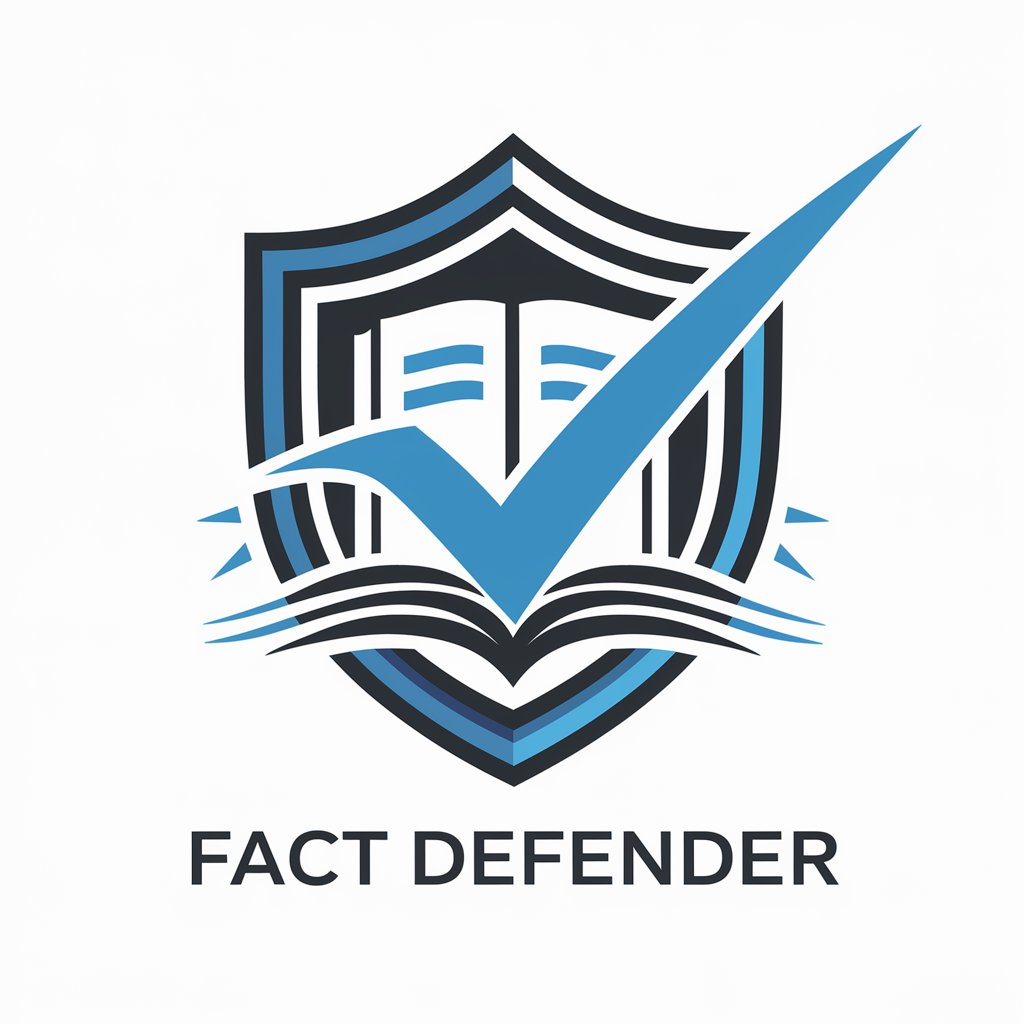
Q&A on German Open Data Portals
What are German Open Data Portals?
German Open Data Portals are online platforms that provide access to a wide range of datasets made publicly available by government agencies, municipalities, and other public entities in Germany. These portals facilitate transparency, innovation, and community engagement by offering free access to data on various subjects like demographics, economics, and environment.
How can I find data specific to my city or region in Germany?
Many German Open Data Portals offer advanced search functionalities where you can filter datasets by geographical location. Start by selecting the specific federal state, city, or region of interest in the search or filter options to narrow down the datasets relevant to your area.
Can I use the data for commercial purposes?
Yes, data found on German Open Data Portals is often licensed in a manner that allows for commercial use. However, it's crucial to review the specific license attached to each dataset to ensure compliance with any usage restrictions or attribution requirements.
What tools do I need to analyze open data?
Analyzing open data can be done with a range of tools depending on the data format and your analysis needs. Common tools include spreadsheet software like Microsoft Excel, data analysis software like R or Python for more complex analyses, and GIS software for spatial data.
How up-to-date is the data on these portals?
The recency of data varies by dataset and portal. Most portals provide information on the dataset's last update date. For time-sensitive projects, verify this information and consider reaching out to the data provider for the most current data if necessary.
